Vancouver, BC/Unceded Territories of the Squamish, Tsleil-Waututh, and Musqueam First Nations - The Alliance of BC Students supports most of the new measures announced July 15th to protect international students from exploitation and uphold the quality and integrity of international post-secondary education in BC, but some of the measures miss the point, and calls on the provincial government to address the core problems of government underfunding and unregulated international student tuition increases.
“International and domestic students, including here at the ABCS, have been bringing concerns about the exploitation of international students to the provincial government for years, so we applaud them for taking some important first steps,” said Ishant Goyal, Chairperson of the Alliance of BC Students. “Most of these measures will help protect international students from the rampant exploitation they are experiencing.”
The Alliance has been advocating for years for measures to protect international students from the exploitative practices of education and immigration agents, student recruiters, and post-secondary institutions that see international students as a source of revenue instead of human beings that deserve to be treated with fairness, dignity, and respect.
Most of the measures announced strive towards much-needed accountability, accuracy, transparency, and integrity in BC’s international education system that will help prevent international students from being exploited and support them as they pursue a world-class education in BC. Some measures, however, like the 30% enrolment cap on international students per institution and the tuition transparency measure, miss the point.
The Alliance once again calls on the provincial government to address the core problems that incentivizes post-secondary institutions to engage in exploit and prey on international students as a source of revenue, which are the decades-long government underfunding of BC post-secondary institutions and exclusion of international students from the Tuition Limit Policy.
In 1979, post-secondary institutions received 90% of their budget from the provincial government. Today, only 33-40% comes from government funding. Post-secondary institutions must run a balanced budget and cannot take on debt, and domestic student tuition cannot be raised by more than 2% per year under regulations introduced in 2004 that students fought hard for. Increases to tuition fees for international students, however, are unregulated, and are decided by each post-secondary institution’s board of governors.
"Some of these measures miss the point and none of them address the core problems that incentivizes post-secondary institutions to exploit and prey on international students, which are decades of government underfunding and unregulated international student tuition," Ishant said.
“Until the government properly funds post-secondary institutions and regulates international student tuition increases, international students will continue to be exploited and struggle with extremely high tuition fees and the institutions will continue to face financial uncertainty.”
Education should be recognized as a public good, and while the government claims to view it as a core driver of innovation and economic growth in our province, leaving post-secondary institutions to scramble for funding every year does not provide institutions or the sector with the certainty it requires to survive and thrive.
The long-term solution to ensuring that all students are protected from exploitation is for the provincial government to return to the public funding model where post-secondary institutions can rely on government funding.
For more information please contact:
Ishant Goyal
Chairperson
Pronouns: he/him/his
Alliance of British Columbia Students
e: chairperson@bcstudents.ca
www.bcstudents.ca
The Alliance of British Columbia Students is a non-partisan society of student associations representing tens of thousands of undergraduate, graduate, and trades students from across the province that exists to advocate on issues that affect post-secondary students in British Columbia.
